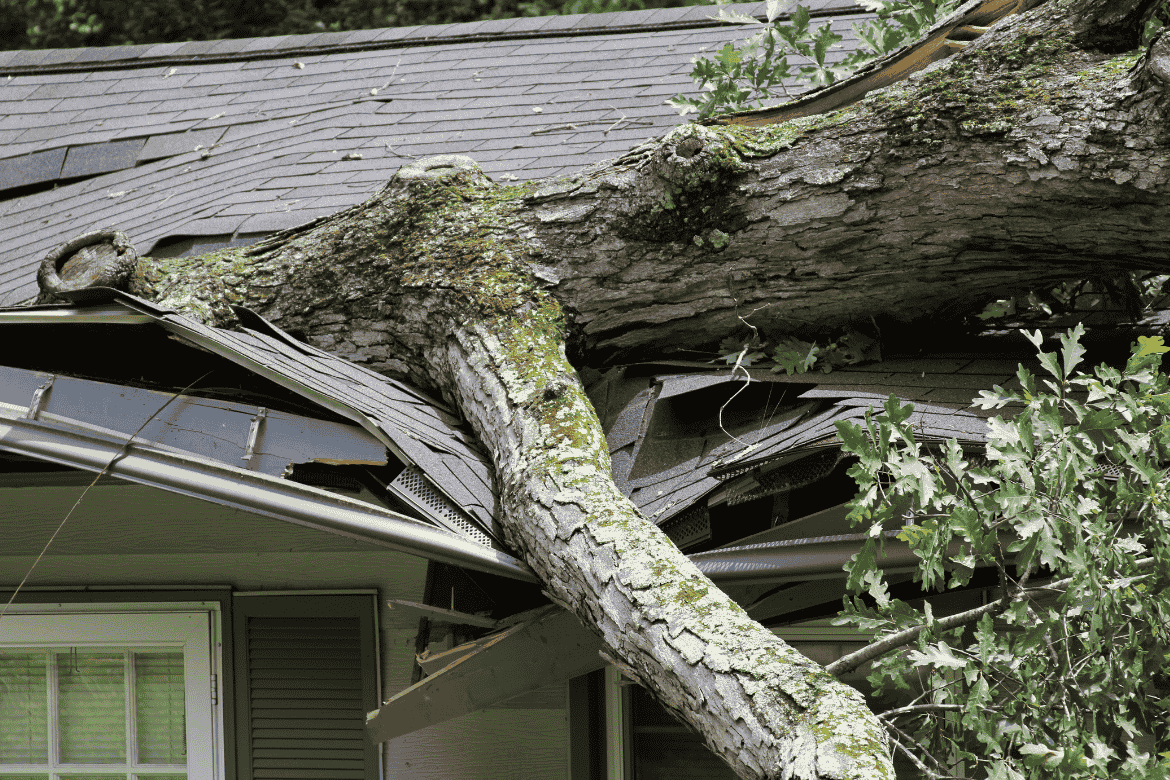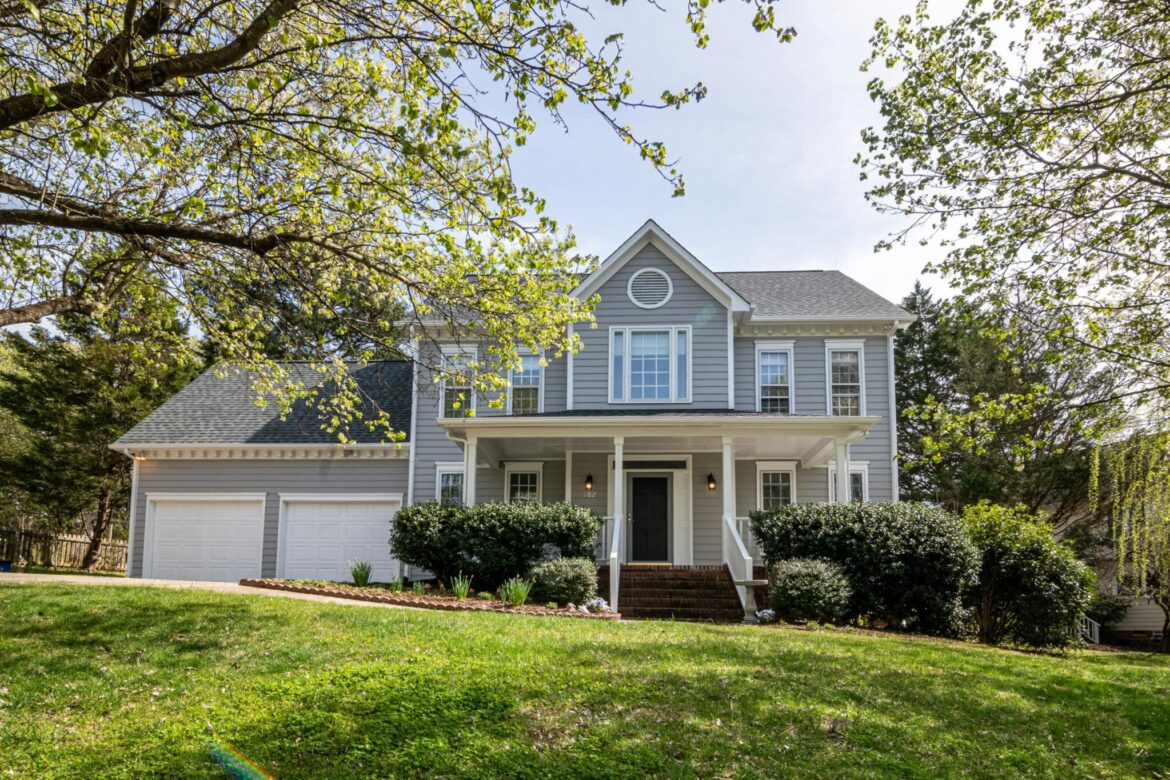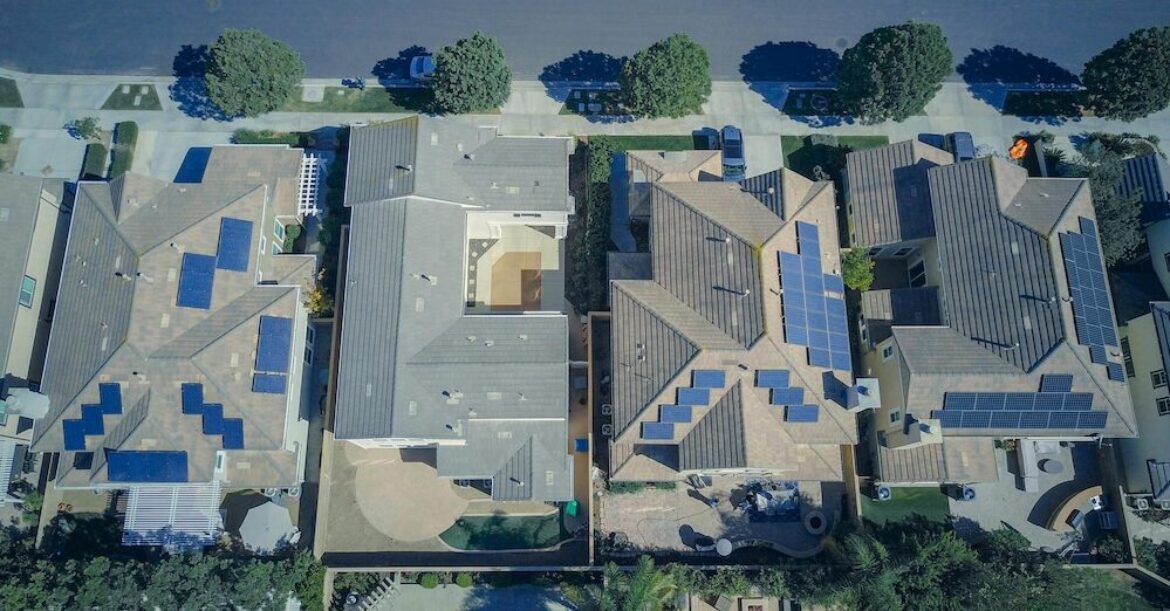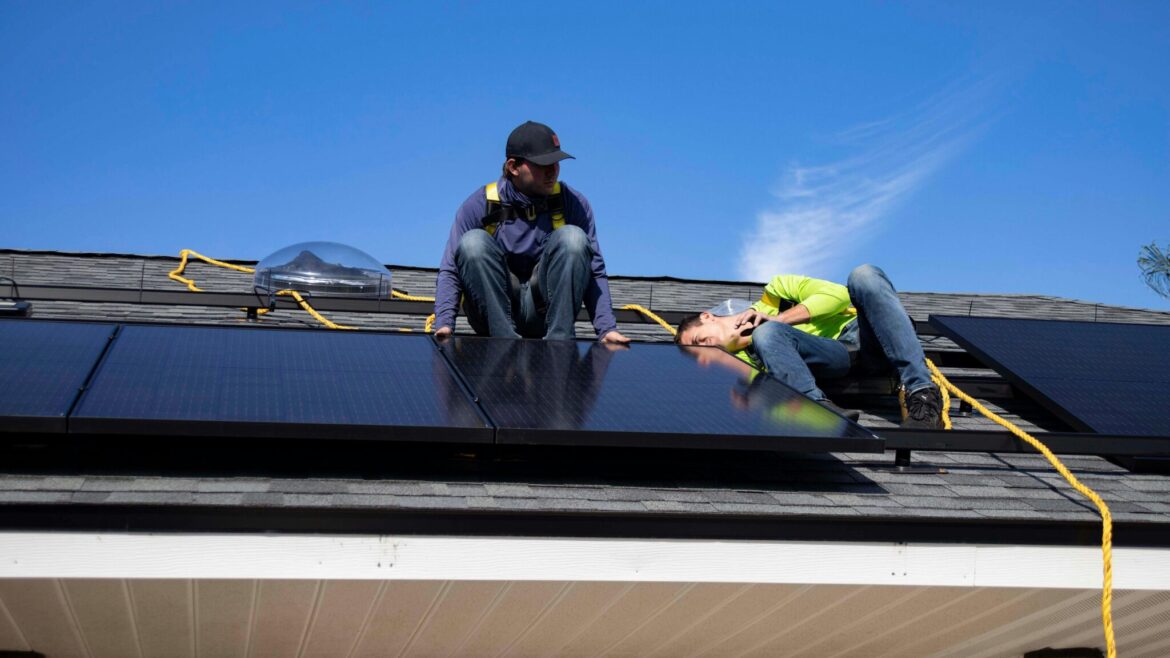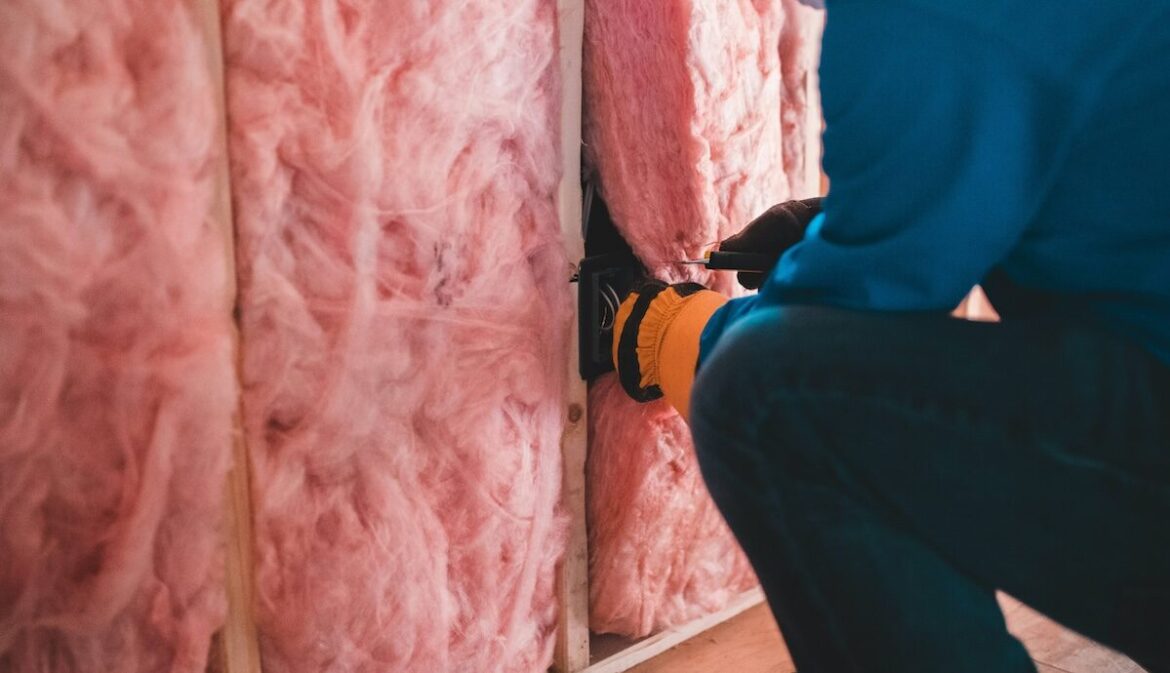
Nova Scotia has offered a few programs over the years for first-time homebuyers to make homeownership more accessible across the province. If you have been watching the median price of homes in Nova Scotia rise, you know that means the minimum 5% down payment you would need to secure a mortgage has been increasing to match. Thankfully, there is a new path for first-time home buyers that might mean getting your foot in the door faster than you thought possible. According to the release on Nova Scotia’s government website on February 3rd, the province will be…

